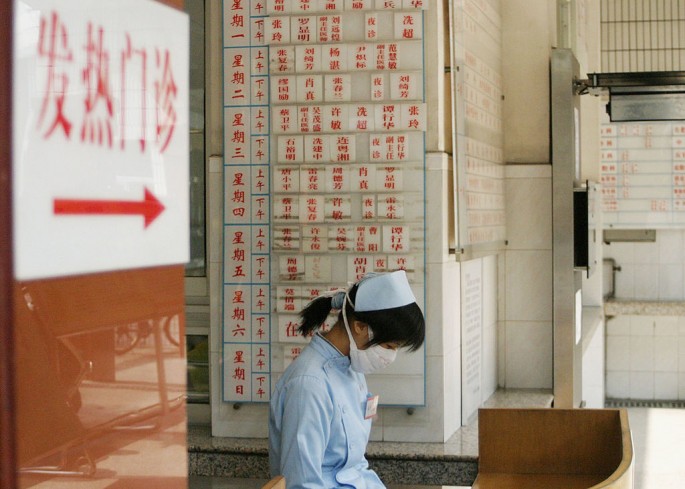Several employees of the military hospital in Beijing that offered experimental cancer treatment to a college student who died of a rare cancer were punished, state media reported on Wednesday.
According to China Daily, 10 people from the Second Hospital of the Beijing Armed Police Corps have received harsh punishment for malpractice that led to the death of 21-year-old Wei Zexi, a computer science student at the Xidian University.
Two out of the 10 were reportedly leaders in the hospital who were dismissed from work, six others were given demerits, while the remaining two who held higher military positions had been given warnings for inadequate supervision.
The punishments came after the Beijing-based military hospital underwent a probe on Wei's case and was found to be guilty of malpractice and misleading medical advertisements.
Regulating Military Hospitals
Since news broke about Wei's death, the online advertising market was dragged into murky waters while military hospitals were also subjected to a number of criticisms on the misleading medical ad.
Reuters said that the hospital that handled Wei's case decided not to conduct the experimental cancer treatment for other patients starting on May 4.
"Due to the hospital undergoing education and rectification, we will from today temporarily suspend all external services," a statement from the hospital said.
According to China Daily, military hospitals are not regulated by state health authorities but are part of the health branches of the Central Military Commission and the country's Armed Police Force.
Because of this, military hospitals are not as transparent as other medical facilities due to loopholes in the overlapping rules on military establishments and government regulations.
In a statement, the People's Armed Police vowed to handle the issue "in accordance with the law."
"Problems that are discovered will be seriously investigated and handled in accordance with the law, and there will be no compromises," the law enforcement bureau said in a statement.
Unsatisfied Patients
Aside from Wei, there had been several other patients who claimed to have undergone the same experimental treatment with high hopes due to the misleading medical advertisement.
One of them, a 33-year-old housewife from the province of Shanxi, believes that the result of the investigation on the military hospital was inadequate as it has failed to mention whether or not patients who underwent the therapy would get to refund their money.
Talking to China Daily, she said she paid 28,000 yuan or about $4,300 for a faulty immunotherapy after she was diagnosed with a sexually transmitted disease known as the human papillomavirus infection.
"I think it (the statement) did not respond to our major concerns," said a man surnamed Chen whose mother underwent the same treatment for her cervical cancer.



























